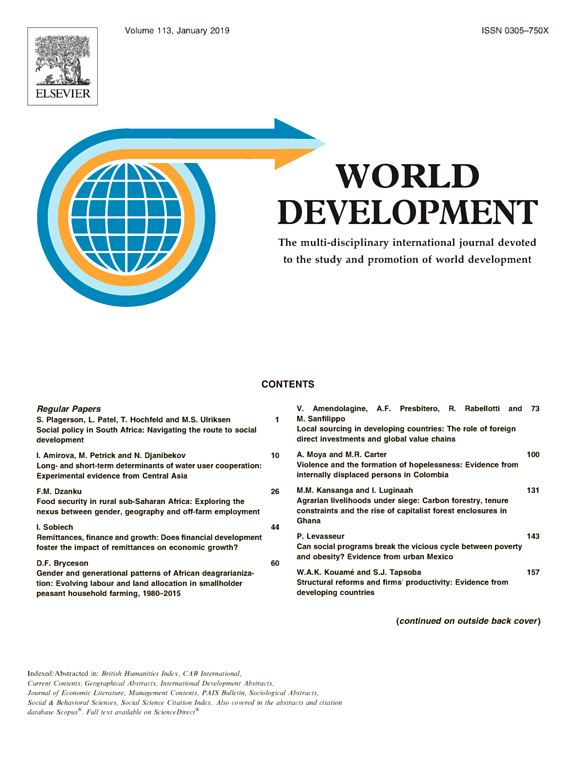Sustainability challenges for nature and people are complex and interconnected, such that effective solutions require approaches and a common theory of change that bridge disparate disciplines and sectors. Causal chains offer promising approaches to achieving an integrated understanding of how actions affect ecosystems, the goods and services they provide, and ultimately, human well-being. Although causal chains and their variants are common tools across disciplines, their use remains highly inconsistent, limiting their ability to support and create a shared evidence base for joint actions. In this article, we present the foundational concepts and guidance of causal chains linking disciplines and sectors that do not often intersect to elucidate the effects of actions on ecosystems and society. We further discuss considerations for establishing and implementing causal chains, including nonlinearity, trade-offs and synergies, heterogeneity, scale, and confounding factors. Finally, we highlight the science, practice, and policy implications of causal chains to address real-world linked human–nature challenges.
Download:
DOI:
https://doi.org/10.1093/biosci/bix167
Altmetric score:
Dimensions Citation Count:

























